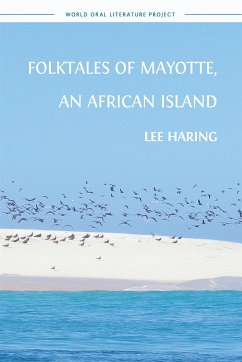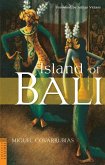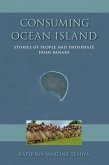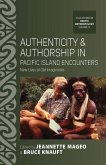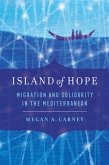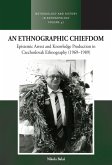The book uncovers the versatility and literary skills of oral narrators in a small African island. Relying on the researches of three French ethnographers who interviewed storytellers in the 1970s-80s, Lee Haring shows a once-colonised people using verbal art to preserve ancient values in the postcolonial world, when the island of Mayotte was transforming itself from a neglected colony to an overseas department of France. The author's innovation is to read ethnographic researches as play scripts-to see printed folktales as accounts of live performances. One storyteller after another comments symbolically on what it is like to be a formerly colonised population. Storytelling women, in particular, combine diverse plots and characters to create traditional-sounding stories, which could not have been predicted from the African, Malagasy, Indian, and European traditions coexisting in Mayotte. Haring's account shows them to be particularly skilled at irony and ambiguity, conveying both submissive and rebellious attitudes in their tales. He makes Mayotte storytelling accessible to a new, English-speaking audience and demonstrates that traditional storytellers in those years were preserving, but also critiquing, their inherited social order in a changing world. Their creative intentions, cultural influences and widely different narrative styles constitute Mayotte's system of the arts of the word. Literary specialists, folklore enthusiasts, and people who like reading stories will find much to appreciate in this engaging and sophisticated book.
Dieser Download kann aus rechtlichen Gründen nur mit Rechnungsadresse in A, B, BG, CY, CZ, D, DK, EW, E, FIN, F, GR, HR, H, IRL, I, LT, L, LR, M, NL, PL, P, R, S, SLO, SK ausgeliefert werden.

